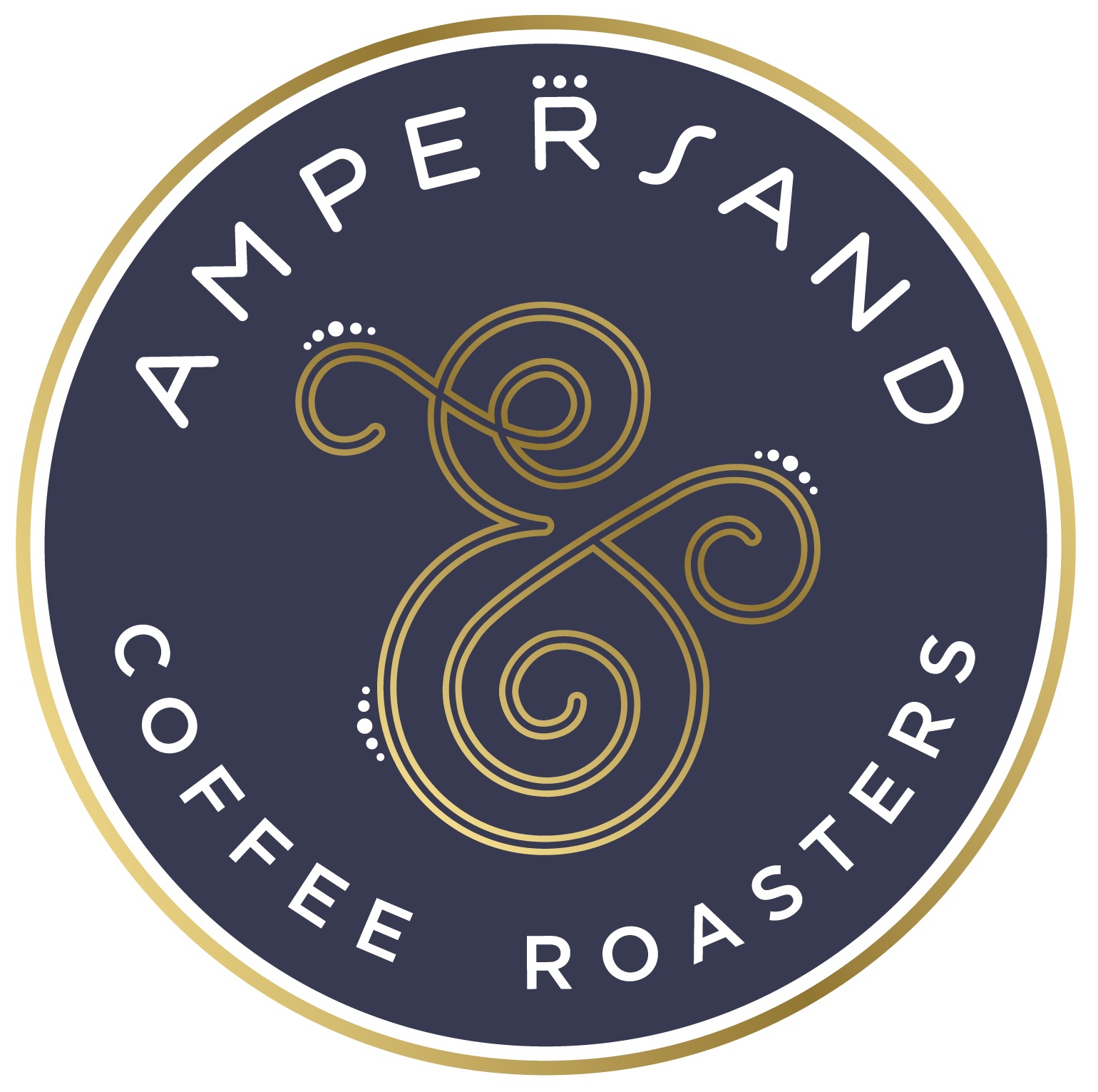Bird Friendly & Rainforest Alliance Coffee
Environmental Initiatives
Organic Coffee
Organic farming is designed to promote the health of the agro-ecosystem, including soil organisms, plants, livestock, and people. The goal of the organic farming standards is to develop farming practices that are sustainable and harmonious with the environment.
Organic agriculture prohibits synthetic substances and encourages techniques such as crop rotation, companion planting, biological pest control, mixed cropping and the fostering of insect predators. These standards protect consumers, the farmers, their neighbors, and the local ecosystems. Ampersand is proud to be partnering with CCOF Organic for our certification.
Regenerative Organic Certified (ROC) is a revolutionary new certification for food, fiber, and personal care ingredients. ROC farms and products meet the highest standards for soil health, animal welfare, and farmworker fairness. Ampersand is currently pioneering the world’s first ROC coffee through the Regenerative Organic Alliance, and with the support of and partnership with Patagonia Provisions. We’re paving the way for a new ethical standard in coffee product. Yeah, we know that’s pretty cool.
Smithsonian Bird Friendly
Full sun coffee plantations have become the norm for the coffee industry. This results in irresponsible and widespread clear cutting of the surrounding forestry. Because of this, it is imperative to protect the tropical forest that remains and rehabilitate degraded ecosystems. Every cup of “Bird Friendly” coffee you drink encourages more farmers to grow in the shade, which is good for birds, the trees, and the people.
First, the coffee is certified organic, which means the plantation manages a healthy soil base and does not apply harmful pesticides to the coffee that could otherwise runoff into streams and rivers. This practice helps reduce the billions of pounds of noxious chemicals injected annually into natural ecosystems that support wildlife and communities.
The Smithsonian Bird Friendly certification goes a step further, requiring a variety of native shade trees throughout the coffee plantation. Through decades of research, Smithsonian has learned the ideal combination of foliage cover, tree height and diversity needed to provide a suitable migratory bird habitat while also maintaining productive farms. Producers must be re-certified every three years to ensure they continue to meet these requirements and can truly call themselves Bird Friendly.
This results in better-tasting coffee— its rich flavor comes from beans maturing slowly in the shade. As farmers protect water sources for their communities and sequester carbon by managing the forest-like system, they also provide a host of other products like cacao and spices. The premium prices they fetch for Bird Friendly coffee supports their families and local economies.
Rainforest Alliance
Rainforest Alliance launched the world’s first sustainable forestry certification program in 1989. Their goal was to encourage market-driven, environmentally, and socially responsible management of forests, tree farms, and forest resources.
The organization helped found the Forest Stewardship Council (FSC), a non-profit international body that manages forestry operation in order to meet the FSC’s standards. The Rainforest Alliance has certified more than 113 million acres (45.9 million hectares) of forest worldwide as of 2016, making it the largest FSC certifier of forestlands in the world.

